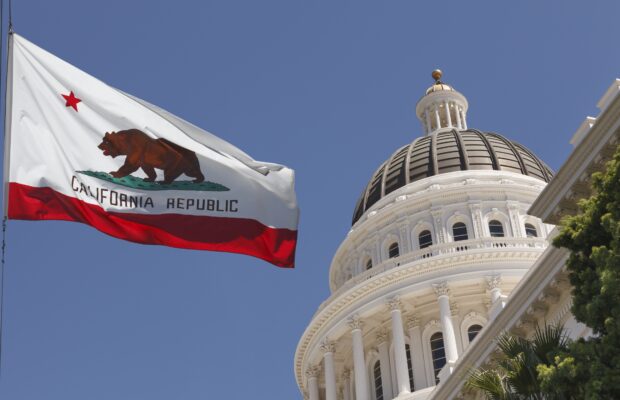The Planning Department has a December 19 deadline to implement the small business streamlining provisions of Proposition H, which was approved by the voters last month. Proposition H expedites the approval process for principally permitted uses in Neighborhood Commercial (NC) and Neighborhood Commercial Transit (NCT) districts and relaxes zoning controls for a variety of businesses in most NC and NCT districts. Mayor Breed placed Proposition H on the ballot in response to the economic challenges of the COVID-19 pandemic and, calling out San Francisco’s “broken” permitting system, issued an executive order on November 19 requiring City departments to implement Proposition H within 30 days.
Under Proposition H, the City must complete its review of permit applications for principally permitted uses in NC and NCT districts within 30 days “to the maximum extent feasible,” and the City is currently re-tooling its interdepartmental review process to comply with this newly imposed time limit. As an additional streamlining measure, Proposition H exempts any change in use within these districts to a principally permitted use from the 30-day neighborhood notification requirement that might otherwise apply.
Proposition H broadens the list of principally permitted uses in most NC and NCT districts, excluding the Mission Street, 24th Street, and SOMA NCT districts, allowing business owners to avoid the time and expense of the City’s conditional use (CU) authorization process. This expanded list includes temporary pop-up retail uses in bars and entertainment venues, co-working spaces within retail uses, certain office uses, and outdoor dining in parklets and the public right-of-way (dovetailing with San Francisco’s Shared Spaces program).
Planning staff provided an informational presentation on Proposition H at the Planning Commission’s November 19 meeting. Some commenters expressed concern that Proposition H’s “one-size-fits-all” approach might adversely affect neighborhood-serving businesses, particularly in neighborhoods such as the Mission. Some Planning Commissioners raised concerns regarding equitable access to Proposition H’s benefits across the small business community, and requested that the Planning Department collect and analyze data to better understand the program’s impacts throughout the City and adjust outreach accordingly.
For three years after Proposition H takes effect, the Board of Supervisors cannot further restrict principally permitted or conditionally permitted uses in NC or NCT districts. However, the Board may amend the ordinance to allow additional uses as principally permitted uses, or non-permitted uses as conditionally or principally permitted uses, and it may further streamline notice and permitting procedures. After this three-year period, the Board may amend the law without limitation.


